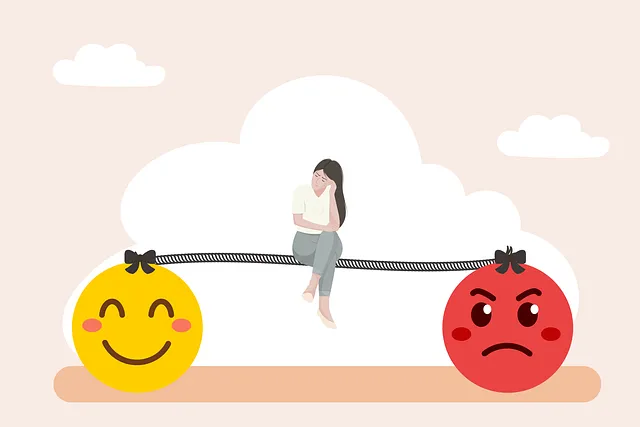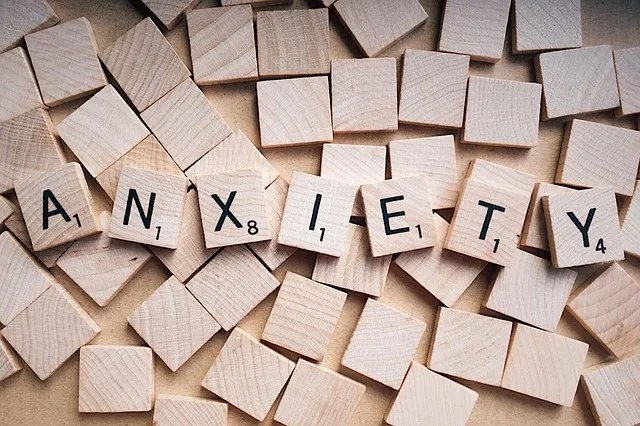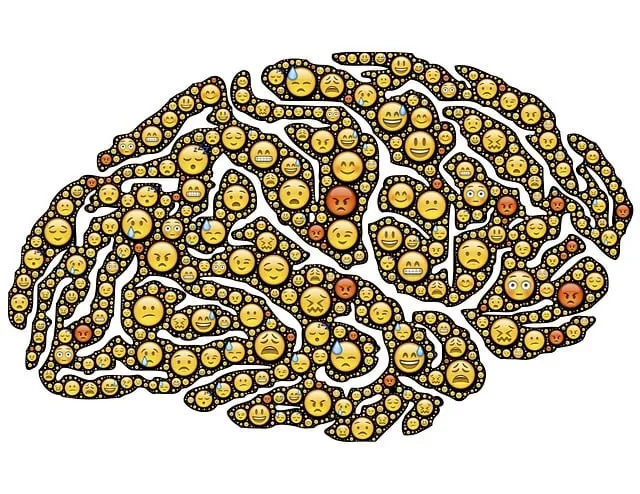The Kaiser Permanente mental health facility in Highlands Ranch employs the Resource, Focus, and Motivation (RFM) model to build resilience and promote well-being. This approach includes stress management, self-care, and conflict resolution training, along with tailored workshops and group sessions. Their innovative programs, like Social Skills Training and Compassion Cultivation Practices, have reduced stress and strengthened community bonds. Through evidence-based assessments and continuous improvement, the facility tracks progress, ensures best practices, and cultivates lasting mental wellness for patients and staff.
Resilience is a vital component of mental health recovery, especially in dynamic environments like Kaiser Permanente’s (KP) mental health facilities. This article explores RFM (Resilience, Flexibility, and Mobility), a framework proven effective in enhancing resilience among patients. We present a case study of KP Highlands Ranch, where RFM exercises were successfully implemented. Through practical steps and continuous improvement strategies, this guide aims to empower mental health professionals to foster resilient environments, ultimately improving patient outcomes at facilities like Kaiser Permanente’s Highlands Ranch.
- Understanding RFM for Mental Health Facilities
- Kaiser Permanente Highlands Ranch: A Case Study
- Implementing Resilience Exercises in Practice
- Measuring Success and Continuous Improvement
Understanding RFM for Mental Health Facilities

At Kaiser Permanente mental health facilities, like the one in Highlands Ranch, recognizing and implementing effective strategies for resilience and well-being is paramount. This involves understanding the Resource, Focus, and Motivation (RFM) model, which provides a framework for fostering mental fortitude among residents and staff. The RFM approach encourages individuals to identify their personal resources—be it coping mechanisms, support networks, or favorite relaxation techniques—to navigate life’s challenges. By focusing on positive aspects and setting achievable goals, individuals can build mental resilience, enabling them to handle stress, anxiety, and potential conflicts more effectively.
Implementing RFM principles in a mental health facility context means integrating practices such as stress management techniques, self-care routines, and conflict resolution skills training. These strategies empower residents and staff alike, fostering an environment where individuals feel equipped to manage their mental health proactively. The Kaiser Permanente Highlands Ranch facility, for instance, may organize workshops and group sessions that delve into these areas, tailoring them to the unique needs of its community, ultimately enhancing overall resilience and well-being.
Kaiser Permanente Highlands Ranch: A Case Study

Kaiser Permanente’s mental health facility in Highlands Ranch serves as a compelling case study for effectively implementing resilience-building exercises (RFM). The program focuses on enhancing the well-being and coping mechanisms of individuals through innovative approaches, demonstrating a holistic view of mental health care. By integrating Mental Health Education Programs Design that cater to diverse learning styles, the facility ensures comprehensive understanding and engagement.
One notable initiative is the inclusion of Social Skills Training aimed at fostering healthier interactions and relationships. Additionally, incorporating Compassion Cultivation Practices has significantly reduced stress levels and fostered a sense of community among residents. This case study highlights how tailored resilience-building strategies can revolutionize mental health support, offering a blueprint for other facilities seeking to enhance their services.
Implementing Resilience Exercises in Practice

Implementing Resilience Exercises in Practice at Kaiser Permanente mental health facility Highlands Ranch involves a strategic approach to enhance mental wellness among patients and staff. The integration of resilience-building activities is a proactive step towards fostering Mental Health Awareness, focusing on Self-Awareness Exercises as a core component. These exercises are designed to equip individuals with the tools to navigate life’s challenges, promoting adaptability and emotional fortitude.
By incorporating these practices, the facility creates an environment that encourages self-reflection and coping strategies. Through structured sessions, participants learn to manage stress, build resilience, and cultivate a positive mindset. The benefits extend beyond individual growth, as improved mental wellness contributes to a more supportive and productive work environment, benefiting both patients and healthcare providers at Kaiser Permanente mental health facility Highlands Ranch.
Measuring Success and Continuous Improvement

Measuring Success and Continuous Improvement play a pivotal role in the effectiveness of RFM (Resilience, Fitness, and Mental Health) programs at Kaiser Permanente mental health facility in Highlands Ranch. By utilizing evidence-based assessment tools, the progress of participants is tracked, allowing for tailored interventions to address specific needs. This data-driven approach ensures that the services provided align with best practices, fostering a culture of continuous improvement within the facility.
Regular evaluations help in gauging the impact of exercises such as mindfulness sessions, stress management workshops, and public awareness campaigns development. Through these assessments, staff can identify what works best for different demographics, further enhancing program resilience. By continuously refining their strategies, Kaiser Permanente Highlands Ranch remains committed to not only providing short-term anxiety relief but also cultivating lasting mental wellness among its patrons.
The implementation of RFM (Resilience, Flexibility, and Mental fortitude) exercises in mental health facilities, as demonstrated by Kaiser Permanente Highlands Ranch’s successful case study, offers a promising approach to enhancing patient care. By integrating these strategies into daily routines, mental health professionals can foster a more resilient environment, benefiting both patients and staff. Measuring the impact through continuous improvement ensures that these practices remain effective and adaptable to evolving needs, ultimately contributing to the overall well-being of Kaiser Permanente’s Highlands Ranch mental health facility and similar institutions.






